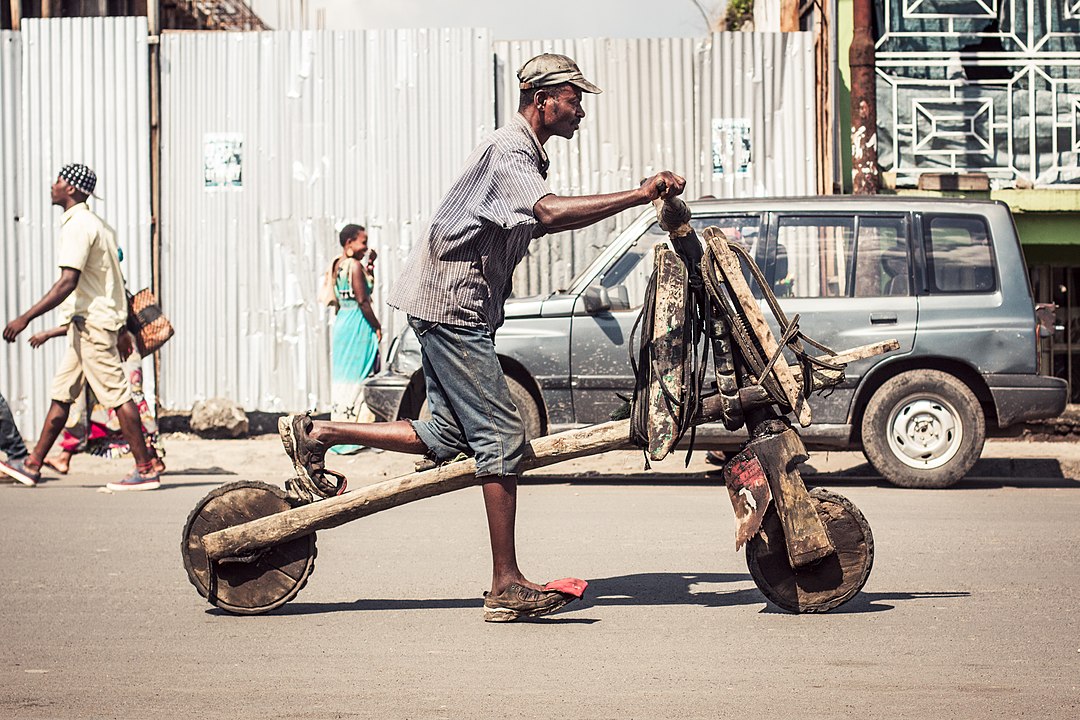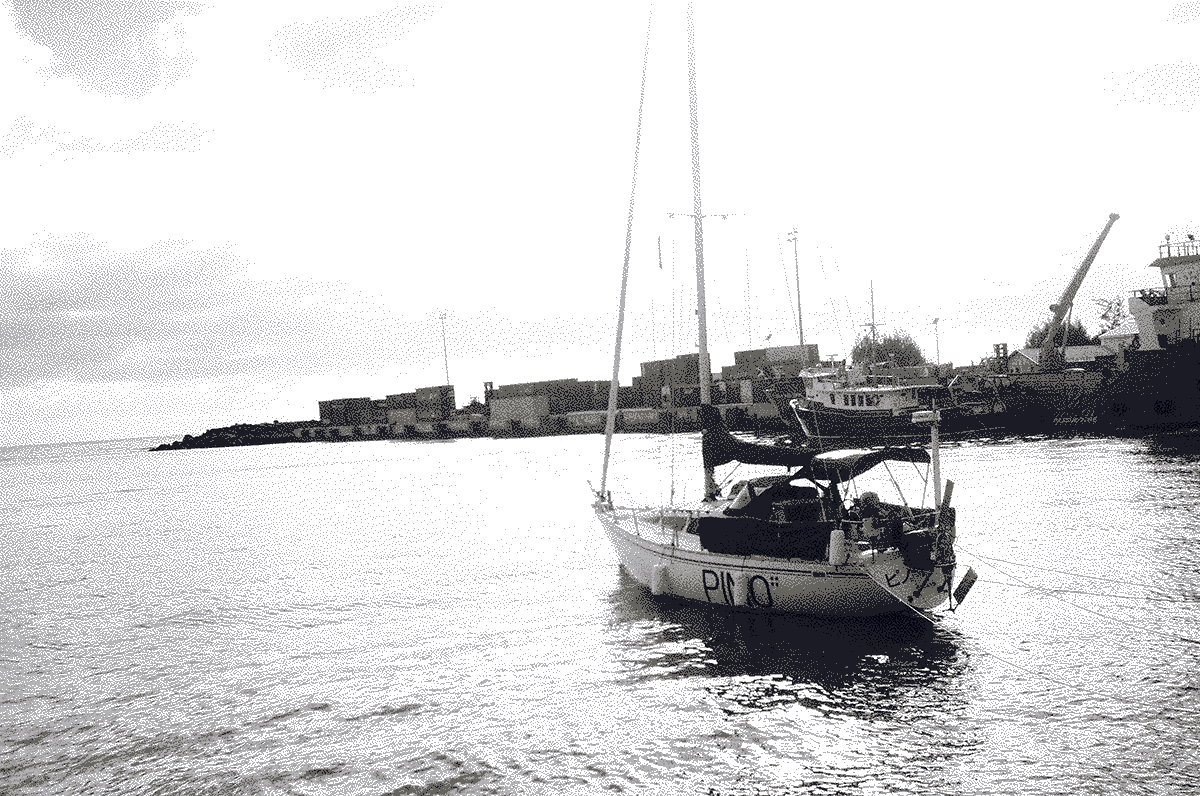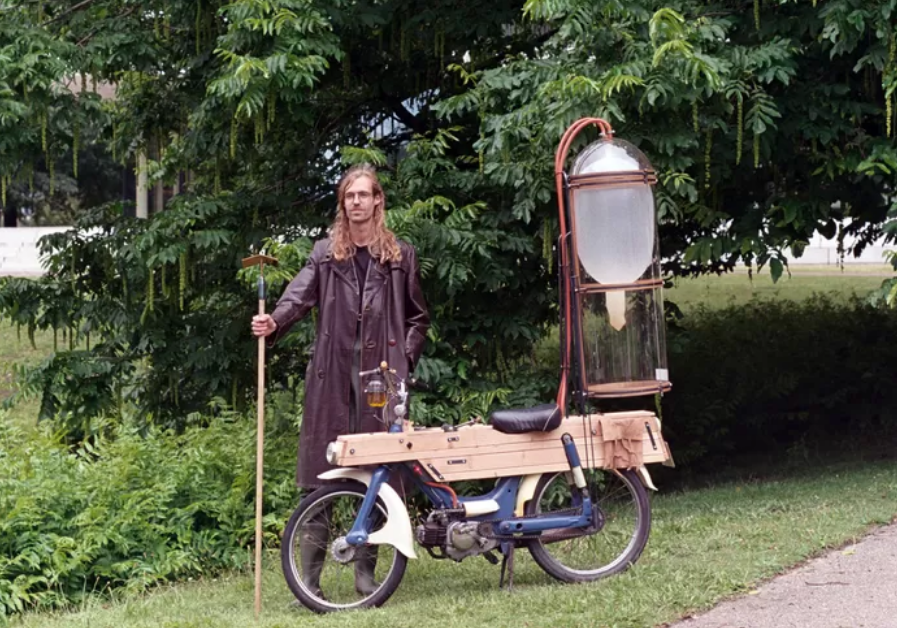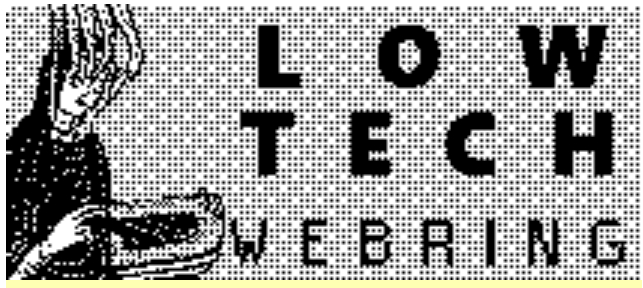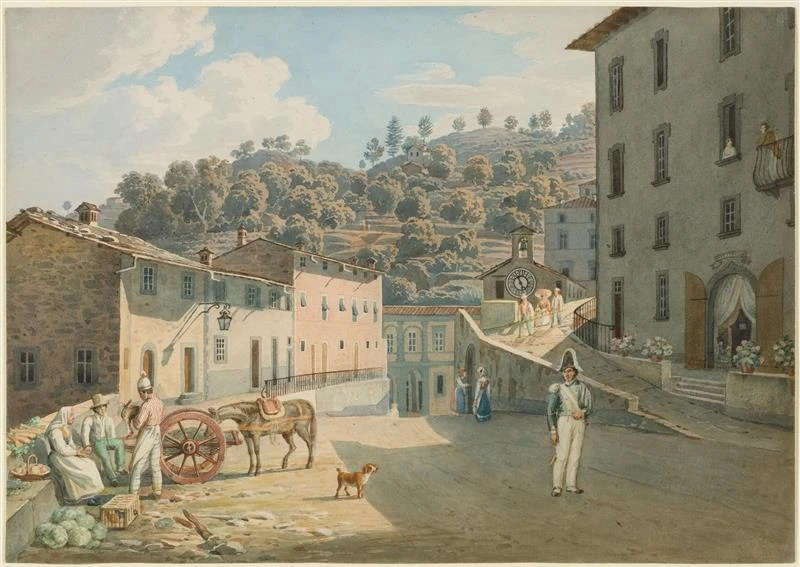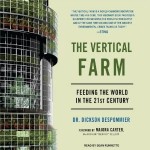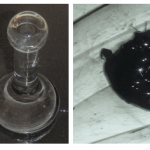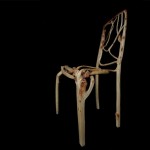Image: Lahminewski Lab, CC BY-SA 4.0.
From the Wikipedia page, which summarizes and links to all sources that are available online:
The chukudu is a two-wheeled handmade vehicle used in the east of the Democratic Republic of Congo. It is made of wood, and is used for transporting cargo. The chukudu generally has an angular frame, two small wheels (often of wood, sometimes wrapped with rubber), handlebars, and a pad for the operator to place their knee on while propelling the vehicle with their leg. On a descent, the rider stands on the deck like a kick scooter. On flat ground, the rider can put one knee on the deck and push the ground by the other foot like a knee scooter. Rubber mud flaps and shock absorber springs may be added.
In Goma, where chukudus form the “backbone of the local transportation system”, chukudus are made of hard mumba wood and eucalyptus wood, with scrap tires for wheel treads. These chukudus take one to three days to build, and last two to three years. The most commonly used size is about six and one half feet long, and carries a load of 1000 lbs. However, the largest chukudus can carry up to 800 kilograms of weight.
A small chukudu can be built in about three hours, using dimensional lumber and materials available in a hardware store. The chukudu is customizable to carry different types of cargo. To haul firewood some chukudus have a hole drilled in the middle of the sitting deck, and the operator can insert a stick to hold firewood in place. Others have a large basket to carry various loads.
DIY.
Thanks to Spencer Cappallo.
